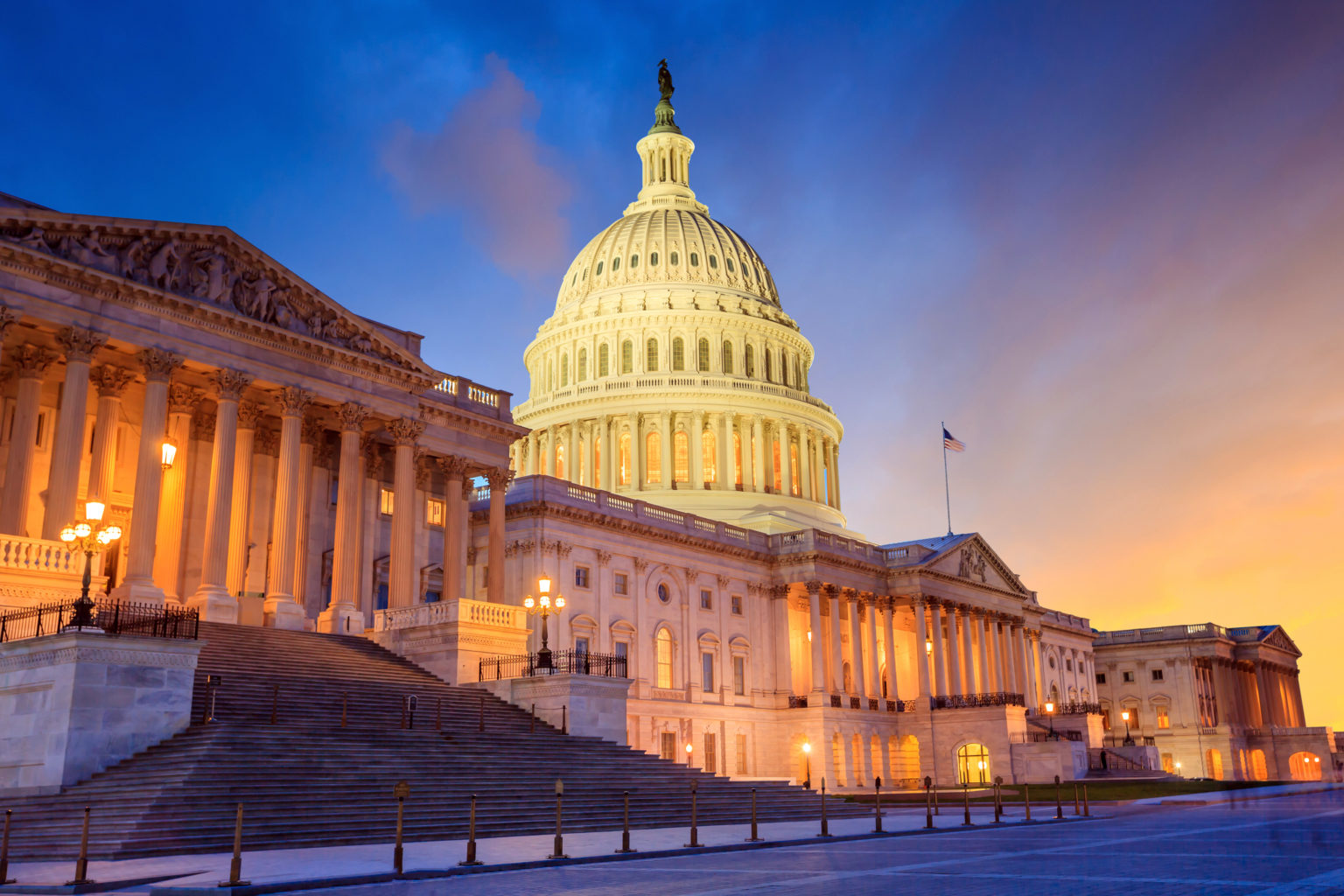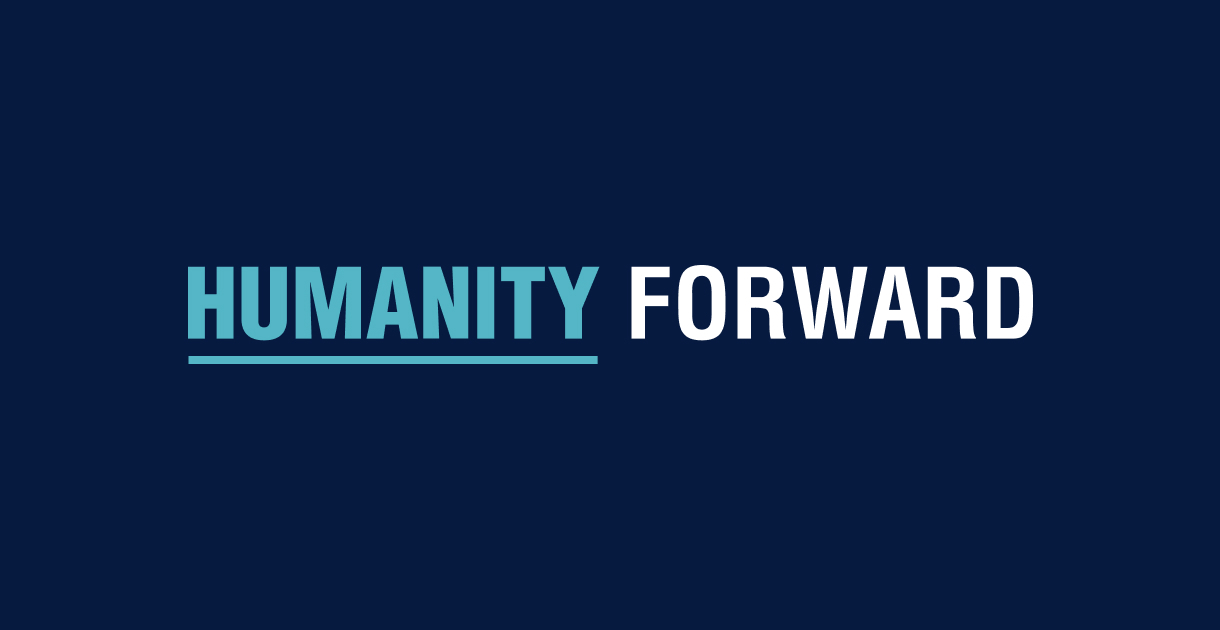Causes
Global Catastrophic Risk
We believe policymakers are in a position to take a proactive role in making the necessary preparations regarding global catastrophic risk; together, we can create a future wherein fewer anthropogenic and existential risks threaten to disrupt the global community and the forward progress of humanity.
Anthropogenic Global Risks
Humanity Forward is exploring work to ensure that Congress makes evidence-based, bipartisan progress on addressing challenges related to global catastrophic risk.
A wide range of advances in science and technology in the 21st century have revolutionized daily life for most people around the globe. Many of these advances take the form of conveniences that we take for granted, such as the ease of long-distance travel and access to virtually limitless stores of information in our pockets.
However, these advances have also paved the way for new and emerging threats to a global community that is shrinking due to modern technology. Anthropogenic global risks, caused by human action or a lack thereof, include artificial intelligence risk, catastrophic biological risk, and nuclear risk. While some of these risks to humanity, such as global pandemics and nuclear disasters, have existed for longer than most people have been alive today, they are joined by newer threats that are in need of preparation and planned responses.
Future Pandemics
The threat of what future pandemics could do to humanity is abundantly clear following the global spread of coronavirus in 2020. The World Health Organization (WHO) estimates that 3 million people have been killed by COVID-19 globally. The economic crisis resulting from the disease’s spread will continue to have ripple effects on supply chains and cause disturbances to market equilibrium for years to come. A world community that has more ease of travel across the globe than ever before in human history must begin preparations for future pandemics today, not tomorrow. It is imperative that the United States, in holding a position of trust and leadership with many of the world’s nations, take charge of those preparations and convert the lessons learned from COVID-19 into action that mitigates future crises.
Beyond the threat of future pandemics, there are other steps that the United States can take to reinforce biosecurity, both to protect physical and economic interests domestically as well as globally. Replenishing the Strategic National Stockpile, developing and implementing biosecurity preparation plans at the federal level, and conducting audits of the local, state, and federal chains of communication and responsibility all serve as efforts that can protect citizens when biosecurity threats arise.
Artificial Intelligence
As advances in artificial intelligence, or AI, continue to create breakthroughs that benefit industries and consumers alike, there is also a growing need to understand and mitigate the risks of using such technology. AI do not always perform tasks that adhere to the intent given to them, nor do AI have a wide enough understanding of human values to infer meaning. As a consequence, widespread adoption of artificial intelligence without proper guard rails in place to ensure safety could have disastrous consequences. A proactive approach that could mitigate many predictable risks, would involve policymakers joining with engineers to shape guardrails and instill a common and agreed-upon set of values in artificial intelligence.
Nuclear Risks
Nuclear risk is not a novel threat to the world of the 21st century, yet it is equally potent a threat to humankind. Recent reports from the Stockholm International Peace Research (SIPRI) have said that all nine nuclear-armed countries are increasing or upgrading their nuclear arsenals. This presents a reverse in the trend of disarmament in recent decades. Today, there are an estimated 12,705 nuclear warheads in the custody of the world’s nuclear-capable nations. Recent occurrences of nuclear testing among nations like India, Israel, North Korea and Pakistan also indicate that the progress of disarmament has halted. With the New START Treaty between the United States and Russia expiring in 2026, there needs to be a bipartisan gang in the Senate to initiate actions on the renewal of deterrence treaties.
Humanity Forward believes policymakers are in a position to take a proactive role in making the necessary preparations regarding global catastrophic risk. Together, we can create a future wherein fewer anthropogenic and existential risks threaten to disrupt the global community and the forward progress of humanity.
Recent News
-

News
House Passes Bipartisan Tax Deal to Extend Child Tax Credit
Washington, D.C. — On Wednesday evening, the House approved a bipartisan tax package valued at $78 billion, aimed at extending the child tax credit temporarily and reinstating several business tax benefits. The legislation is now slated for Senate …
Read More -

News
Humanity Forward Applauds Bipartisan Efforts on Paid Family Leave
WASHINGTON, D.C. — Today, Humanity Forward is applauding progress being made by a bipartisan group in both chambers of Congress towards advancing legislation on paid family leave. The group, headed by Senators Kirsten Gillibrand (D-NY) and Bill Cassidy …
Read More -

News
Sharp Rise in Child Poverty Signals Need for Bipartisan Action on Child Tax Credit
WASHINGTON, D.C. — According to new data released by the U.S. Census Bureau, child poverty increased by 12.4 percent following the expiration of the expanded Child Tax Credit (CTC) in 2022, signaling the need for bipartisan action on …
Read More